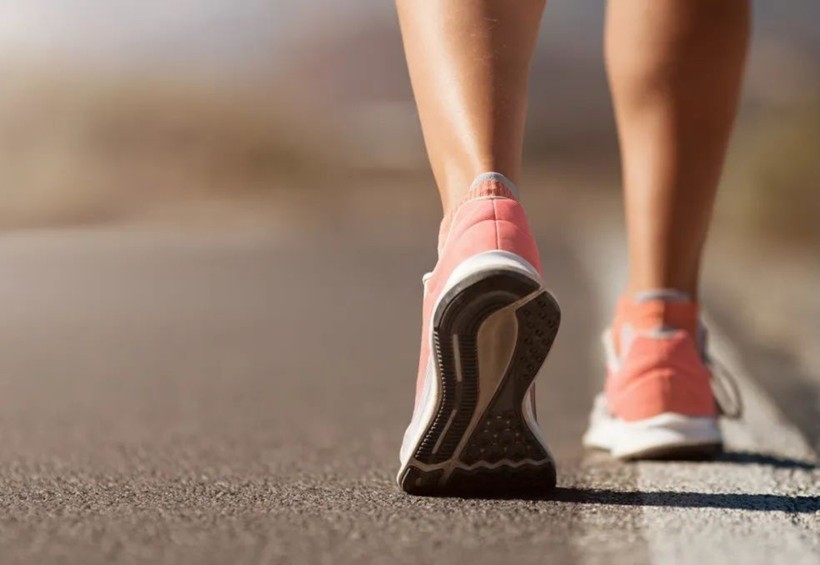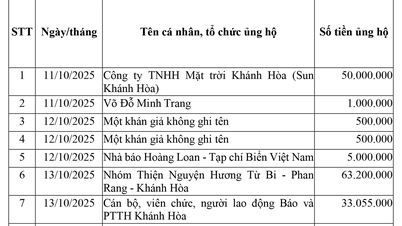
But not everyone can start running directly, especially those who are overweight, because running will put more pressure and greater impact on the knees.
In this case, many doctors recommend that you start by walking. Walking is the oldest form of physical activity known to man. Although it will not make your muscles grow much, it is the best exercise to start with if you want to develop a scientific and consistent exercise habit.
In recent years, the UK has conducted a study on whether regular walking can effectively help you lose weight.
Dr Grace Lordan, a medical expert who led the study, examined 30,000 people over the age of 13 in the UK's annual Health Survey (HSE) between 1999 and 2012 and analysed their reported levels of physical activity, focusing particularly on increasing heart rate and causing sweating.
She analyzed data measuring body mass index (BMI) and waist circumference (WC), and found that people who regularly walked for more than 30 minutes had lower BMIs and smaller waists than those who exercised regularly.
In fact, in addition to weight loss, walking also helps people maintain good health. The US Centers for Disease Control and Prevention and the American Academy of Sports Medicine recommend that all adults walk briskly for at least 30 minutes a day. Here are six specific benefits of walking:
Maintain weight

Walking for 30 minutes or 10,000 steps a day, although it does not increase the heart rate and sweat like swimming, cycling, playing ball, lifting weights or running, nor does it burn as many calories as some higher intensity aerobic exercises, but it can consume energy in the body at a steady rate, is easy to start, has a very low risk of injury, and can be done for a long time.
Additionally, walking can help balance stress hormones like cortisol, making it easier to develop other healthy habits, such as eating a nutritious diet and having good sleep habits, which can help you lose weight and control your weight effectively.
Reduce chronic diseases
Studies show that walking improves blood circulation and flushes toxins from the body for obese people, the elderly, or those with conditions such as diabetes, heart disease, and arthritis.
Our joint cartilage lacks blood supply, so moderate exercise can speed up the circulation of synovial fluid, oxygen and nutrients can be delivered to the injured area to speed up the healing process.
If you have had previous injuries or chronic conditions, you can gradually increase the intensity and distance of your walks according to your physical condition. This exercise does not require much skill in general.
Keep your heart healthy
A study published in the American Journal of Preventive Medicine found that brisk walking was beneficial in improving resting heart rate, blood pressure, exercise capacity, maximal oxygen consumption, and quality of life, while also preventing heart disease, stroke, and coronary heart disease.
Studies have shown that walking five days a week, for about 30 minutes a day, can reduce the risk of coronary heart disease by up to 19%.
Increase longevity
A new study published in the Journal of the American Medical Association from the University of Pittsburgh found that older adults who walk faster live longer than those who walk slowly.
Among nearly 35,000 older adults in the study, 91% of 75-year-old women with faster walking speeds lived to be over 85, while only 35% of 75-year-old women with slower walking speeds lived another 10 years.
Similarly, 87% of 75-year-old men with faster walking speeds lived another 10 years, while only 19% of 75-year-old men with slower walking speeds lived to age 85.
Another study from the same organization followed 6,000 women over 65 and found that those who walked less than 800 meters/week had a faster rate of memory loss than those who walked 4,000 meters/day.
Slows bone loss
Regular walking can help prevent bone loss compared to other exercises. When you walk, your risk of osteoporosis is reduced because your bones are working against gravity, forcing them to become stronger to support the weight, thus reducing the risk of fractures or osteoporosis.
Bone fractures or osteoporosis become more common as we age. Walking 30 minutes a day can effectively reduce the risk of osteoporosis and bone fractures by up to 40%.
Improve depression
If you want to get more out of your walking, get outside and walk barefoot on grass or sand right now. It’s a super-effective way to relax and feel happier every day. Moderate exposure to sunlight can boost your vitamin D intake.
Source: https://baolaocai.vn/30-phut-di-bo-moi-ngay-va-6-loi-ich-lon-ve-suc-khoe-post649718.html



![[Photo] Party Committees of Central Party agencies summarize the implementation of Resolution No. 18-NQ/TW and the direction of the Party Congress](https://vphoto.vietnam.vn/thumb/1200x675/vietnam/resource/IMAGE/2025/10/27/1761545645968_ndo_br_1-jpg.webp)
![[Photo] The 5th Patriotic Emulation Congress of the Central Inspection Commission](https://vphoto.vietnam.vn/thumb/1200x675/vietnam/resource/IMAGE/2025/10/27/1761566862838_ndo_br_1-1858-jpg.webp)


![[Photo] National Assembly Chairman Tran Thanh Man receives Chairman of the House of Representatives of Uzbekistan Nuriddin Ismoilov](https://vphoto.vietnam.vn/thumb/1200x675/vietnam/resource/IMAGE/2025/10/27/1761542647910_bnd-2610-jpg.webp)



































































































Comment (0)